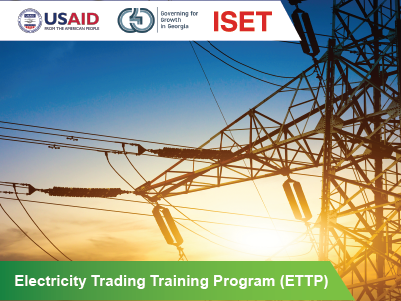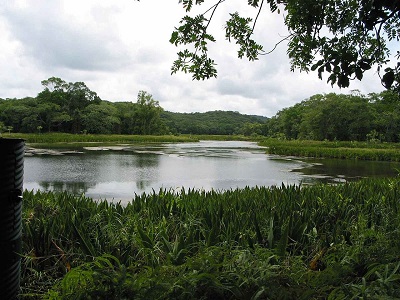Georgia committed to harmonize its electricity market legislation with EU Third Energy Package and liberalize it according to the accession protocol with the Energy Community. These structural changes are expected to contribute to a more efficient functioning of the Georgian electricity market and to support its development. The hope is that this will enhance the enabling environment for hydropower (and, more generally, renewable energy sources) development, in line with the strategy of Government of Georgia (GoG) for the further development of the energy sector. The Electricity Trading Mechanism (ETM) will also enable neighboring countries to transit electricity through Georgia to Turkey and beyond.
ISET Policy Institute collaborated with Gesellschaft für Internationale Zusammenarbeit (GIZ) starts a training course about integrating ecosystem services into local development planning.
Integrating Ecosystem Services into Local Development Planning is a piloting program which will be held for two local self-governing bodies – Akhmeta municipality and Dedoplistskaro municipality. The training consists of two modules: an introductory (3 full day training) and advanced (4 full day training) modules. Training program aims to improve the capacity of local authorities to identify and deal successfully with the trade-offs between social, economic, and environmental aspects arising from the implementation local development strategies.
The ISET Policy Institute collaborated with the Association of Young Professionals in the Energy Sector of Georgia (AYPEG) on a training course targeting junior staff of the newly created Analytical Department within the Ministry of Energy of Georgia, Electricity Sector Commercial Operator (ESCO) and Georgian State Electro system (GSE). A total of 17 participants from these three organizations participated in the course.
Based on a needs assessment study conducted in 2012 and later discussions with Mr. Valerian Khavtasi, Head of the Analytical Department, ISET and AYPEG developed and delivered three training modules: Regulation of Electricity Markets, Competitive Electricity Markets: Theory and Practice, Energy Forecasting.













